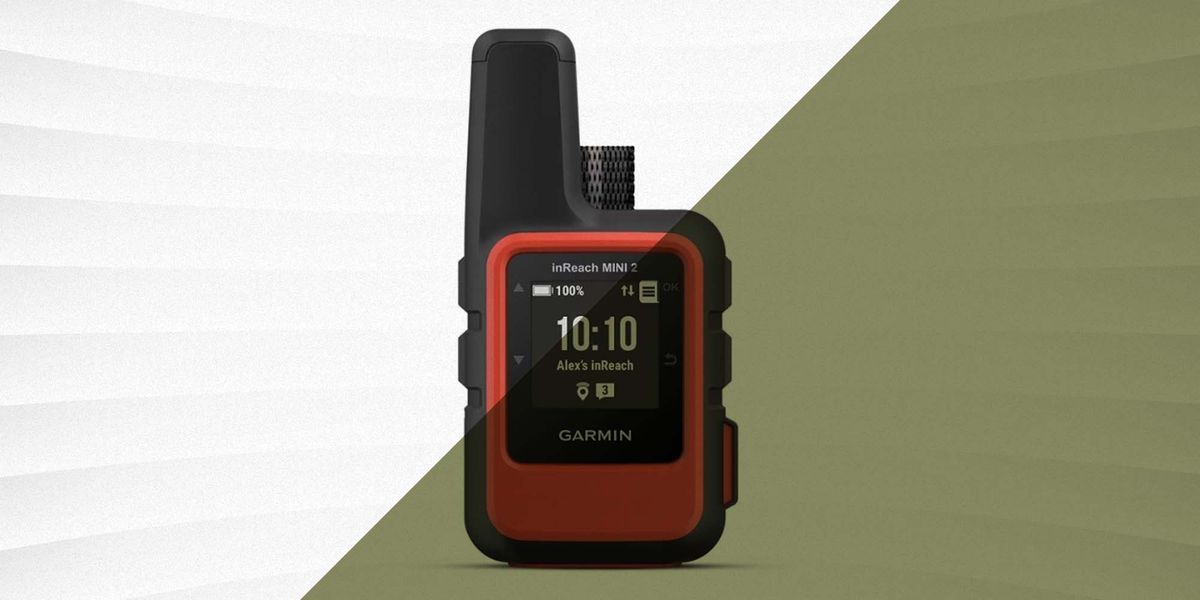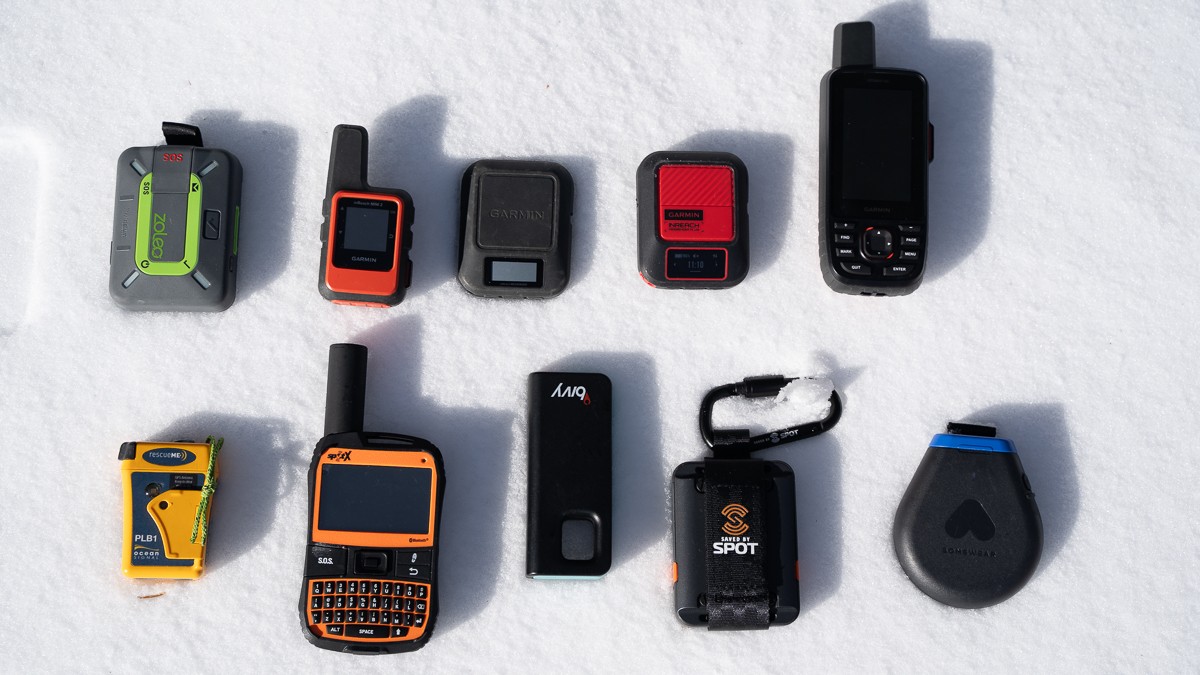Given how quickly technology advances, I'm really surprised to see how little things changed over the past couple years with Satellite Communicators.
Seems like the very same units that are ranked as "top units" today by various websites/magazines are the exact same units as were available 2-3 or more years ago. The Spot X that I have owned for several years is EXACTLY the same model being sold today. It appears that the Garmin InReach Mini is now the Mini2, but they only seemed to have improved its previously poor screen. The ARC Bivy Stick is under the ARC brand now, it was originally just the Bivy Stick, new owner, but same technology.
Also still only 2 satellite networks. SPOT owners their own Globalstar satellites, which is a blessing and a limitation. SPOT still does not have true GLOBAL coverage, but for those of us who use them in the Americas or Europe, it has you covered. Don't try it in the oceans, or parts of Asia or Africa. IRIDIUM is the other satellite option and everyone else uses that system, so Garmin, ARC, Zoleo, etc are all using the exact same service, have the exact same coverage (which is full global coverage) but are subject to higher service fees for most users.
Me, I am still happy with my SPOT X. Yes, it might be a little slower than Iridium based systems but that's not really an issue for me.
SEE NEXT POSTS for the start of the "expert" reviews from 3 different sources
Seems like the very same units that are ranked as "top units" today by various websites/magazines are the exact same units as were available 2-3 or more years ago. The Spot X that I have owned for several years is EXACTLY the same model being sold today. It appears that the Garmin InReach Mini is now the Mini2, but they only seemed to have improved its previously poor screen. The ARC Bivy Stick is under the ARC brand now, it was originally just the Bivy Stick, new owner, but same technology.
Also still only 2 satellite networks. SPOT owners their own Globalstar satellites, which is a blessing and a limitation. SPOT still does not have true GLOBAL coverage, but for those of us who use them in the Americas or Europe, it has you covered. Don't try it in the oceans, or parts of Asia or Africa. IRIDIUM is the other satellite option and everyone else uses that system, so Garmin, ARC, Zoleo, etc are all using the exact same service, have the exact same coverage (which is full global coverage) but are subject to higher service fees for most users.
Me, I am still happy with my SPOT X. Yes, it might be a little slower than Iridium based systems but that's not really an issue for me.
SEE NEXT POSTS for the start of the "expert" reviews from 3 different sources




